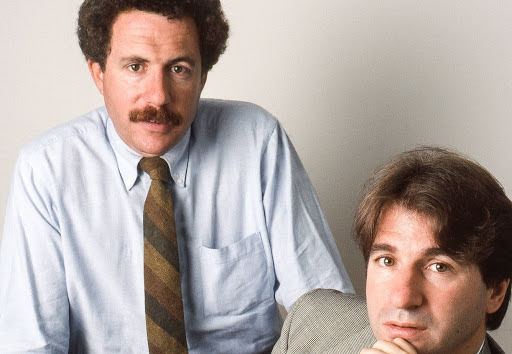Letter #9
Getting your shit together
Even though it is unusual in these times of digital media, Harry Holleywood, aged 60, still exchanges snail mail with his cousin Jacob Johnson, aged 40, about once or twice a month. Below is the latest letter.
Dear Jake:
Thanks so much for your last letter in which you asked about self-efficacy as a component of spiritual health. Self-efficacy is a fancy term in psychology and whole books have been written about it. Let it suffice to say in this letter that my definition of self -efficacy is whether someone has their shit together.
Back in the 60s and 70s having one’s shit together was a common expression which unfortunately has fallen out of use in your generation. However, I think it is still useful even if a bit vulgar and some might argue too pedestrian.
The opposite of self efficacy is acting helpless and playing the victim. Now days, I think people call this state as being a “lewser” or “slacker” or being a “drama queen” which can include people of all sexes.
The other fancy word people throw around, at least in academic circles, is “agency.” Does a person feel in control of one’s life and able to exert influence in their situation or do they feel victimized with no power to make their way in the world?
The therapeutic quality to be cultivated in one’s spiritual life to expand one’s self efficacy and diminish helplessness and victimhood is a sense of purpose, and the skills to be responsive rather than reactive. People who have their shit together have goals and a sense of purpose including a strategy to achieve their goals in a deliberate and intentional way.
The basic spiritual questions to be answered are “who is it that God wants you to become,” and “what is it that God wants you to do with the life you have been given?” I love it when people describe their major thing in life that matters deeply to them and then they say something like, “I was born to do this.”
At your age, Jake, between 40 and 50, people come to realize that achieving the goals the ego world sets for us has not made us happy and we get depressed and anxious and ask, “Is this all there is?” Some people call this the mid life crisis, and some call it the transitional phase between our two adulthoods of 20 - 50, and then 50 - 80. Sometimes I tease people your age and ask them, “So what do you want to be when you grow up?”
The existential questions of why was I born, what is the purpose of my life, what happens when I die, are normal at your age. What I want to share with you in this letter is that you are not helpless, you are not a victim, and that your mission, Jacob Johnson, should you choose to accept it is to develop, define, and live the purpose of your life in a more intentional way than you have in the past..
We, Unitarian Universalists, affirm and promote the inherent worth and dignity of every person; justice, equity, and compassion in human relations; the free and responsible search for truth and meaning. Deciding that these principles matter, how can you best live your life in a responsive, not a reactive way, and with a sense of purpose?
I am interested in what ideas you have, and I will be there for you through thick and through thin.
Love, your cousin,
Harry

